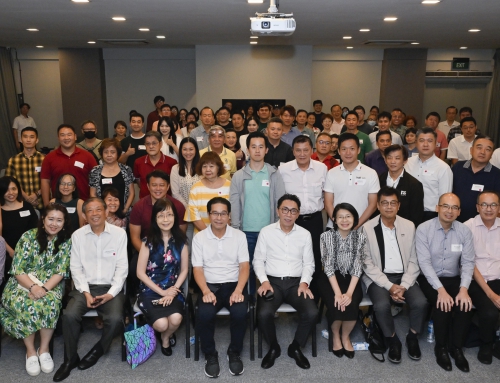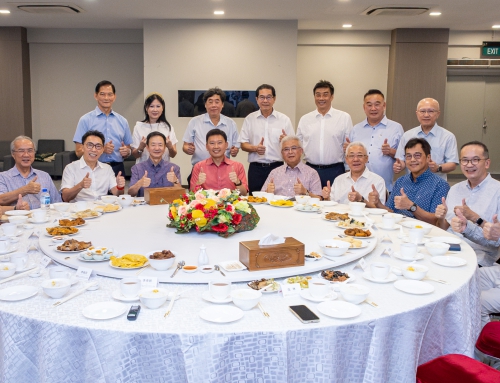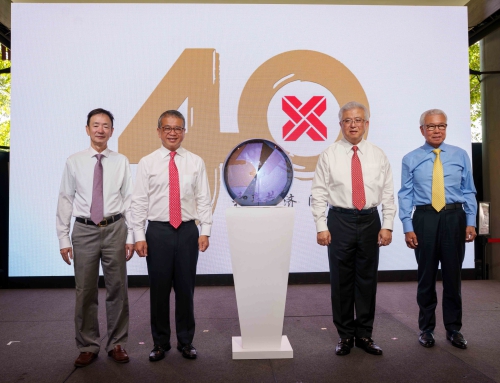“Sometimes you don’t have to say anything and it’s sufficient to just serve a cup of hot tea, give them (victims) a pat on the shoulder and be there for them,” Associate Professor Chang Weining shared her experience of giving psychological first aid when she headed to the disaster area after Sichuan earthquake.
In the aftermath of a disaster, there would be deep psychological impacts on the victims. Psychological first aid, a form of immediate post-incident psychological support is needed to help victims cope with these changes, relieving their fears and re-establishing their psychological resilience (strength of mind).
In the morning of 10th October 2009, SFCCA, Singapore Chinese Chamber of Commerce and Ministry of Home Affairs’ Community Engagement Department jointly organised the third installation of “Psychological Defence”. The seminar was attended by over 20 representatives from SFCCA.
In addition to the introduction of the bombing attack in Jakarta, Associate Psychology Professor Chang Weining from Nanyang Technological University also shared with the audience her experience of providing psychological first aid in the earthquake-stricken areas of Sichuan province with the audience in an illustrated manner.
Associate Professor Weining Chang emphasised that a person who performs psychological first aid must first understand the language of the victims, be able to remain calm, and avoid tearing in order to calm down the victims. The main objectives of psychological first aid is to ensure the victims’ sense of security, to assist them in calming down, to provide the victims with psychological as well as emotional warmth, and to gain a clear understanding of their specific needs. At the same time, the victims should be made aware of their abilities, shown that they have the value of survival, praised for their courage, and encouraged to take the initiative in coping with life’s difficulties.
She pointed out that victims need respect, not sympathy.
Associate Professor Chang explained that trauma is a normal reaction to an unusual accident. They are not patients, and what bystanders can do is to give them the right kind of help. She believes that everyone has a survival instinct and when they eventually walk out of the trauma, they will emerge stronger.




